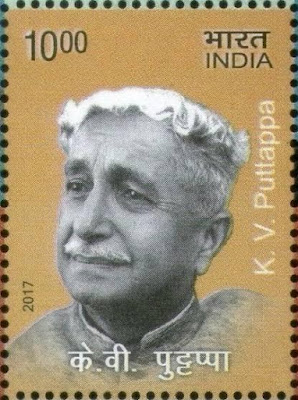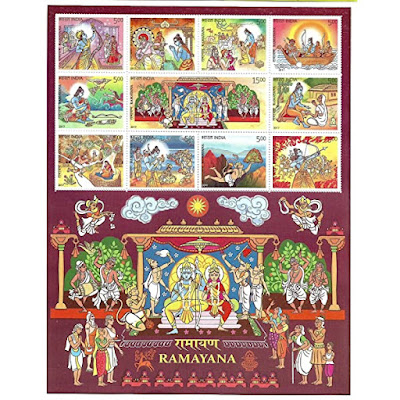Subhas Chandra Bose did indeed play a significant role in India's struggle for independence, and he is remembered for his efforts to free India from British rule. However, there is some historical controversy surrounding the claim that he waved India's independence flag in Port Blair in 1943.
Netaji Subhas Chandra Bose was a key leader in the Indian National Congress during the pre-independence era. However, due to ideological differences with Mahatma Gandhi and other Congress leaders, Bose eventually formed the Forward Bloc and later sought support from Axis powers during World War II to fight against British colonial rule.
In 1943, Bose led the Indian National Army (INA), also known as the Azad Hind Fauj, with the aim of liberating India from British control. The INA, composed of Indian prisoners of war and civilians in Southeast Asia, played a role in the Burma Campaign against the British.
There is historical evidence that Subhas Chandra Bose visited the Andaman and Nicobar Islands, including Port Blair, during this period. However, the specific claim that he waved India's independence flag at Port Blair in 1943 is not universally accepted by historians, and details about such an event may be subject to differing accounts.
While Netaji's contributions to India's struggle for independence and his leadership of the INA are widely acknowledged, it's essential to approach historical claims with a critical perspective, considering the complexity of events during that time.







































